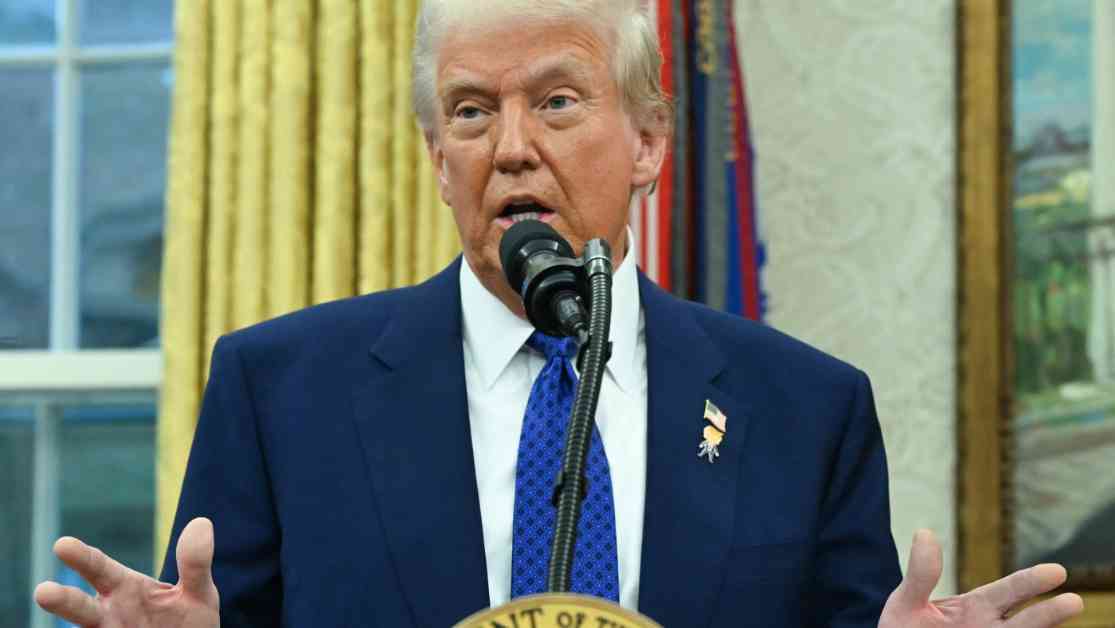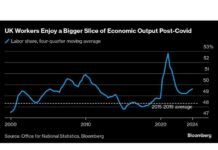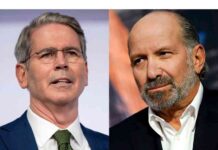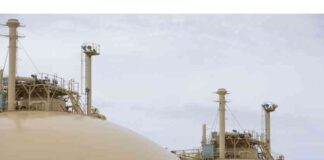President Trump is contemplating a bold move that could reshape the global economy as we know it. The President announced his intention to impose retaliatory tariffs on foreign nations, warning that the United States may tax imported goods at levels equivalent to those imposed on U.S. exports by other countries. This dramatic proposal has sent shockwaves across the economic landscape, sparking debates about the potential impact on domestic producers, trade deficits, and inflation rates.
Trump’s rationale for these proposed tariffs is simple – to level the playing field and bolster American businesses. By mirroring the tariffs imposed by other nations, he believes that U.S. producers will gain a competitive edge in the global market. However, economists are wary of the unintended consequences of such a move. While these tariffs may protect domestic industries, they could also drive up prices, exacerbating inflationary pressures and hurting consumers’ wallets.
During a press briefing in the Oval Office, Trump expressed his confidence in the long-term benefits of these tariffs, claiming that they would generate substantial profits for the country. This optimistic outlook is in stark contrast to the concerns raised by experts who fear that escalating trade tensions could have far-reaching implications for the economy.
The President’s aggressive stance on tariffs is not new. Trump has already imposed a 25% tax on imported steel and aluminum, as well as a 10% tariff on all goods imported from China. Recently, he also threatened to levy taxes on products from Canada and Mexico, only backing down after the two countries agreed to address border security concerns. These actions underscore Trump’s commitment to reshaping America’s trade relationships, even at the risk of triggering a global trade war.
The proposed tariffs come at a time when the U.S. is grappling with rising prices and widening trade deficits. The latest data from the Labor Department reveals that wholesale prices have surged by 3.5% over the past year, while consumer prices have risen by 3%. These inflationary pressures are fueling concerns about the sustainability of the current economic growth trajectory.
The U.S. trade deficit reached a staggering $918 billion last year, underscoring the nation’s reliance on imported goods. While the U.S. enjoys a trade surplus in services, the record goods deficit has raised alarms about the country’s economic vulnerability. Trump’s harsh rhetoric on trade imbalances reflects his belief that other countries are taking advantage of the U.S., a sentiment that has polarized experts and policymakers.
Economists like Mary Lovely, a senior fellow at the Peterson Institute for International Economics, challenge Trump’s narrative of being “ripped off” by other nations. Lovely argues that trade deficits are a natural consequence of global commerce, where countries exchange goods and services for mutual benefit. She emphasizes the importance of addressing barriers to American exports rather than resorting to protectionist measures.
Chad Bown, a former State Department economist, echoes Lovely’s sentiments, warning that Trump’s tariff escalation could trigger a dangerous cycle of retaliation. Bown notes that the U.S. already has relatively low tariffs compared to other countries, and a sudden spike in import taxes could destabilize international trade relations. The specter of a trade war looms large, evoking memories of past conflicts that have had disastrous economic consequences.
As other nations brace for Trump’s tariff onslaught, bipartisan voices are urging caution. Former Senator Phil Gramm and former Treasury Secretary Larry Summers penned an op-ed in the Wall Street Journal, cautioning against the pitfalls of protectionism. They argue that tariffs could hinder economic growth, suppress wages, and strain diplomatic relations, posing a grave threat to global stability.
In this high-stakes trade showdown, the world watches with bated breath as President Trump prepares to unleash his tariff arsenal. The implications of this economic brinkmanship are profound, with potential repercussions that extend far beyond America’s borders. As the battle lines are drawn and tensions escalate, the future of global trade hangs in the balance.






















